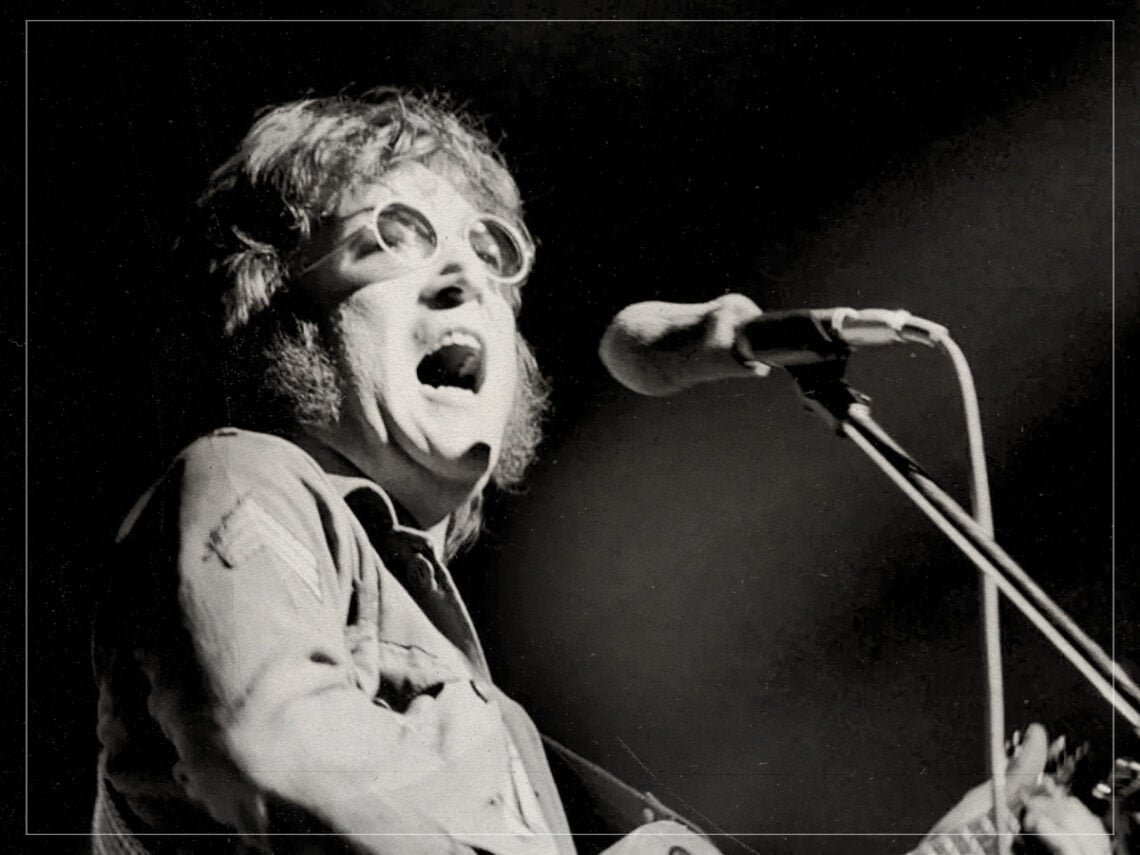When The Beatles knocked touring on the head in 1966, deafening screams gave way to the sound of hearts breaking all over the world. Beatlemania would no longer sweep through Western cities like a hurricane, and many wondered what the future held.
Of course, it held a string of studio albums that not only pushed the boundaries of recorded music but ultimately set the foundations of popular music for decades after. That very year, they released Revolver, which, at times, felt like music that had descended from an alien planet.
The album closer, ‘Tomorrow Never Knows‘, became a masterclass in innovation. Using reverse guitar parts and heavily distorted vocals, it essentially introduced the world to psychedelic music. Through the album’s black-and-white door, the band walked out the other side drenched in kaleidoscopic colour, creating Sgt Pepper’s Lonely Hearts Club Band and a string of psychedelic masterclasses thereafter.
The effects were far-reaching. Of course, Pink Floyd, The Byrds, and the Grateful Dead all took their blueprint and ran with it through sprawling guitar playing. But bands like Genesis were similarly inspired. While their prog-rock sound was largely inspired by keyboard-led soundscapes, they were nevertheless inspired by the innovative guitar playing of those later Beatles records.
“Well, psychedelia, I think that’s where guitarists started to develop the idea of distorted guitars. It’s ancient history now, but distorted guitars, backwards stuff, the influence of Indian music – I guess drugs played their part in that too,” Genesis’ guitarists Steve Hackett explained. “I think music was on the change. This whole kind of incorporation of influences from far-flung places happened with psychedelic music”.
But he was quick to explain that it was more than just the humble idea of throwing sonic textures at a wall and seeing what fit. The Beatles showed it was filled with intent, allowing genre-fusing bands like Genesis to find a safe space.
Hackett continued, “I think progressive was perhaps the more organised end of that. I like the romantic side of progressive stuff, but I enjoy the idea of the way psychedelic playing came in and the fact that a solo could go anywhere and could be any length. I loved that, the equivalent of free jazz for rock ‘n’ rollers. And the idea that music could always be surprising.”
This attitude towards experimental music was largely informed by The Beatles and Genesis, as a group, were unafraid to admit that. Of course, they weren’t alone in that respect. But what they did have, over many of their competitors, was the knowledge that their admiration was somewhat reciprocated.
“We were all big Beatles fans,” Hackett added. “John Lennon gave an interview in 1973 and said that Genesis was one of the bands he was listening to. Which at the time would have been Selling England By The Pound. I think that Selling England By The Pound is probably Genesis’ most psychedelic album, if you want to use that phrase.”
Perhaps the disconnect between the greatness of the two bands is highlighted in the fact that, of all their albums, Selling England By The Pound was the one they liked the least. I guess, sometimes, genius like Lennon’s doesn’t make sense.
